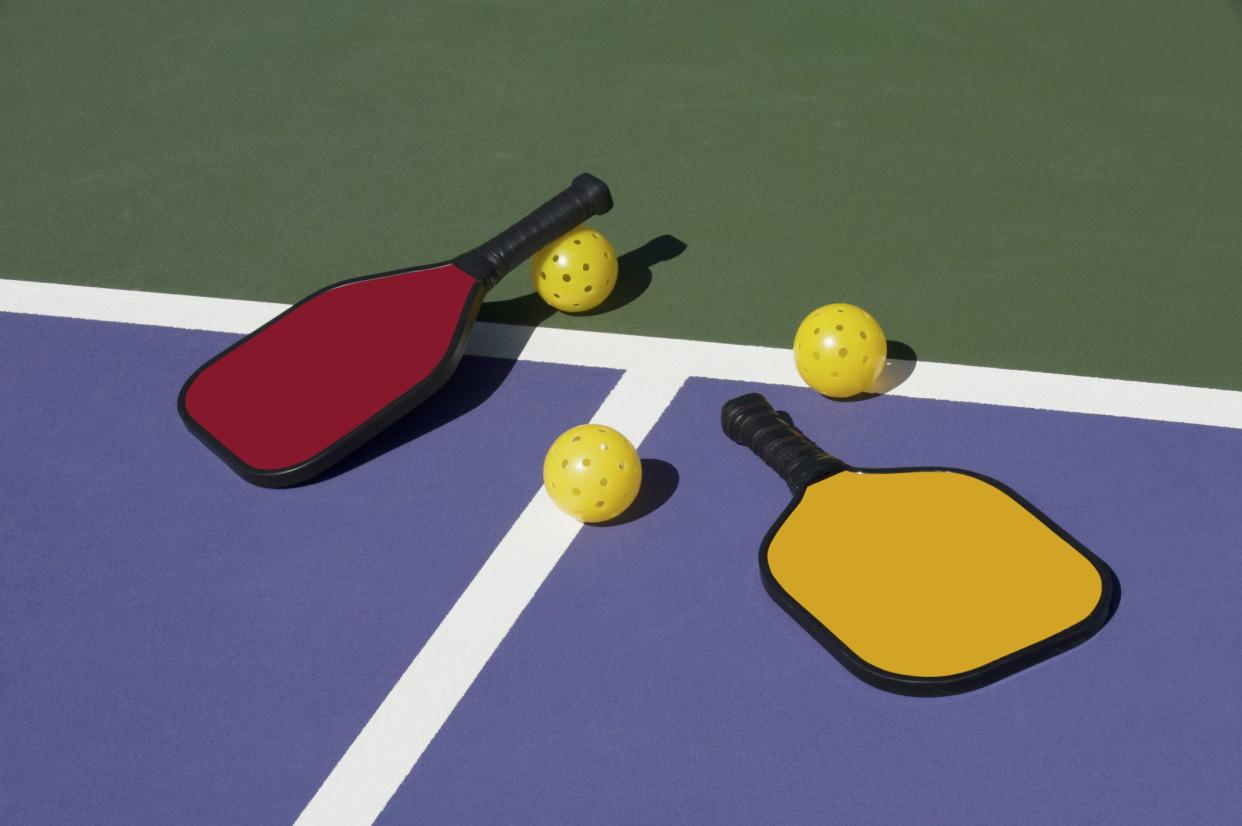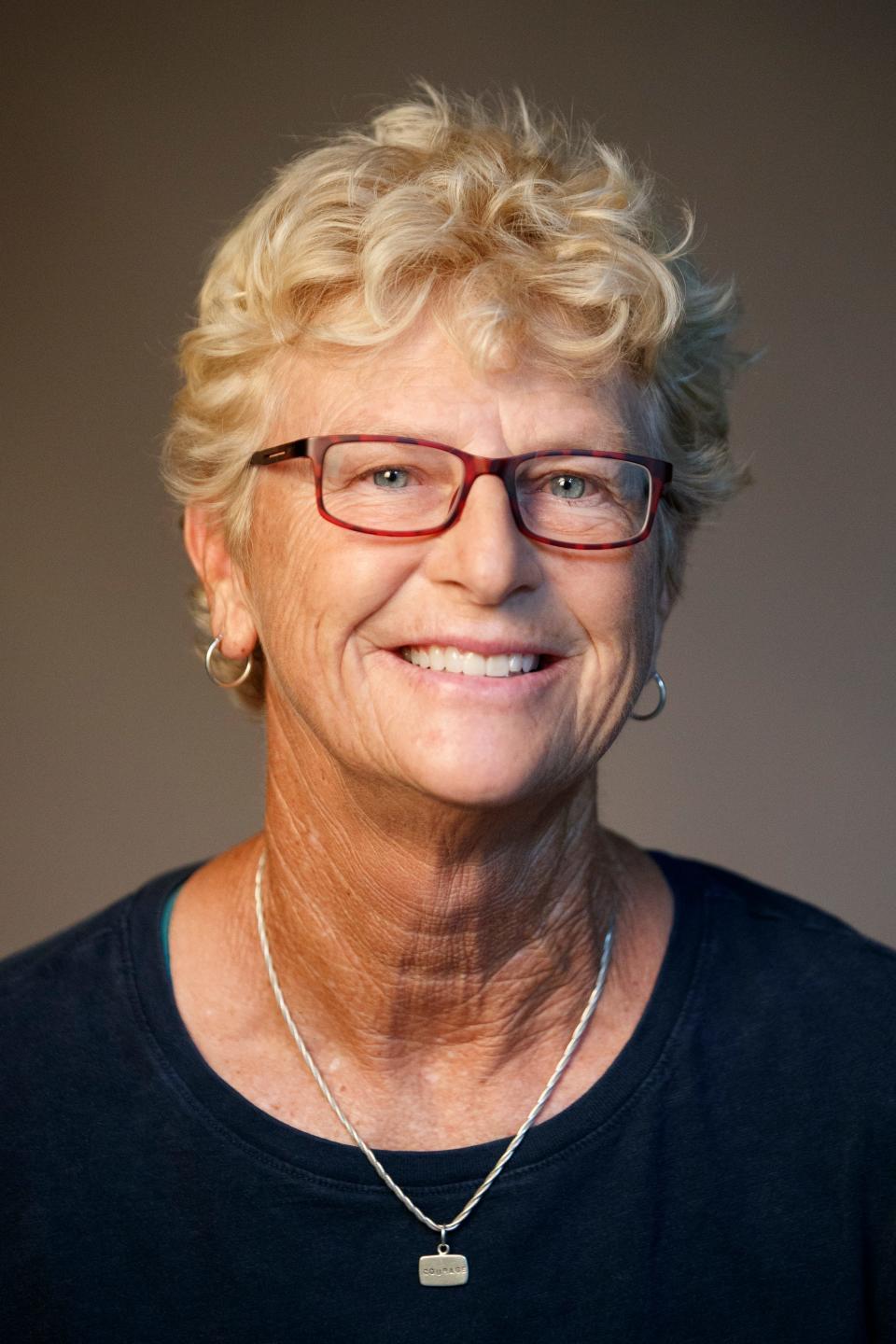Exercise like pickleball can help with Alzheimer's Disease and dementia, studies show

My mother suffered with Alzheimer’s Disease for over 13 years. It is a cruel way to live, and it was very hard to watch her progressively decline, especially after she entered several different nursing homes.
There are quite a few new medications out there, but recently I saw some studies about how exercise helps those with early symptoms. Since we have many older Picklers all around the world, and especially in the Coachella Valley, I thought this would be a great topic for April, which is National Pickleball Month!
Dr. David Perlmutter writes in his blog that BDNF (Brain-Derived Neurotrophic Factor), a vital protein, helps maintain the health of nerve cells, promotes the growth of new neurons and synapses, and improves the overall function of the neural network.
He explains that Pickleball isn’t just a simple physical workout; it’s a brain-boosting sport that requires strategic thinking, motor coordination, and balance. Because it requires players to think on their feet, make split-second decisions, and use hand-eye coordination, these demands stimulate neural pathways and enhance brain plasticity.
Two other benefits, according to Dr. Perlmutter, are the social interaction piece, and the accessibility piece. My mom was isolated out on a farm, which I think led to more risk for dementia and Alzheimer’s disease. The laughter, the slower pace, and the low learning curve encourages senior novices to get involved.
In Colorado at the Charles Whitlock Recreation Center, they offer “Simplified Pickleball” one day per week for Coloradans living with memory loss or early-stage dementia. Participation is free, and led by Chris Beal and Joanna Diers, who cared for her mom who was diagnosed with Alzheimer’s 15 years before she finally passed. Be sure to read the attached article and consider joining the Alzheimer’s Association.
In a Health Prep article they explain how Pickleball improves memory by building the hippocampus. Studies show that exercising regularly can help strengthen the hippocampus, allowing it to increase in size. Pickleball enables individuals with Alzheimer’s disease and dementia to exercise and stimulate their minds in ways other routine activities may not.
What these senior individuals need is hope. Something besides a drug that can help them enjoy their days and participate socially with others. Modifying the rules, allowing two bounces, or two tries, or not keeping score ... there are many ways to help this population participate and benefit from Pickleball! I love you Mom, wish I could have shared Pickleball with you back then.
Mary's tip of the week: Adding power to your serve
Justin from the Pickleball Journey Boys does a great explanation and breakdown of the serve, and how to add explosive power. He puts the focus on the following:
The serve is the one stroke that you have total control over, so let’s make it more of a weapon!
Utilizing your wrist – cock it back, lag it, then flick through. Snap harder!
Do not get jammed close to your body. Watch the video. Finish out towards your target.
Body rotation: hips through! Incorporate some shadow swings to get muscle memory. Follow-through with your shoulders also, using your off arm to create shoulder rotation.
Weight transfer, using momentum. I love how he has Jessica use the walk-up serve to create momentum. Be sure to not fall into the court since we have the two - bounce rule.
Lastly, Justin talks about an advanced tip: start your serve from farther back, not just right behind the baseline. Your trajectory will be higher, you can move into the serve, and create more spin. Be sure to watch the demo in the video.

This article originally appeared on Palm Springs Desert Sun: Studies show exercise like pickleball can help with Alzheimer's Disease

